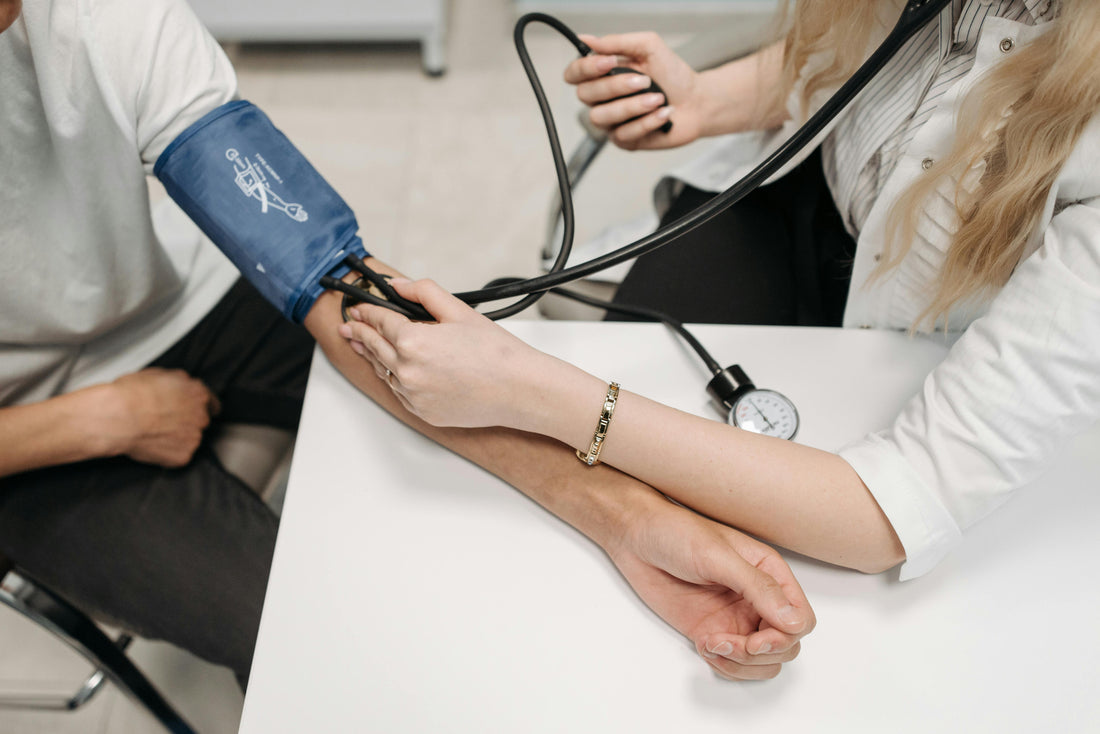
Does Creatine Raise Your Blood Pressure?
Share
With so many people using creatine to improve exercise performance, it's natural to wonder if it has any side effects—especially on something as important as blood pressure. A common myth is that creatine can raise blood pressure. Let’s break this down using current scientific evidence.
The Logic Behind the Myth
The myth likely comes from the idea that creatine causes water retention inside your muscles. Some assume this could increase your blood volume, which might then raise blood pressure. Others worry about creatine’s effects on kidney function—another organ deeply involved in controlling blood pressure.
There’s also a theory based on creatine kinase, an enzyme involved in energy production, which is found in blood vessels. Some researchers have noted a link between higher levels of this enzyme and blood pressure. But let’s not confuse theories with facts.
What the Research Says
Fortunately, studies have looked into this. Research involving both healthy adults and clinical populations has shown that creatine, even at relatively high doses (like 10–20 grams per day), does not raise blood pressure.
A recent long-term study even tested creatine over two years in postmenopausal women. They took about 0.14 grams per kilogram of body weight per day. The result? No significant changes in either systolic or diastolic blood pressure.
Even people with heart-related conditions—like heart failure or previous heart attacks—did not show any rise in blood pressure when supplementing with creatine.
What About Hypertensive Individuals?
Right now, there isn’t much research on how creatine affects people who already have high blood pressure. However, one animal study in hypertensive rats found that creatine supplementation had no effect on their blood pressure.
Interestingly, one small human study found that creatine might even reduce the temporary spike in blood pressure that can occur during resistance training. This could mean creatine helps the body handle intense workouts more smoothly, though more research is needed.
Final Word
If you're a healthy individual or even managing certain health conditions, there's no strong evidence that creatine raises your blood pressure. In fact, the current research suggests it’s safe in this regard.
As always, if you have pre-existing medical conditions, it’s wise to talk to your doctor before starting any new supplement. But for most people, creatine is not a concern when it comes to blood pressure.
